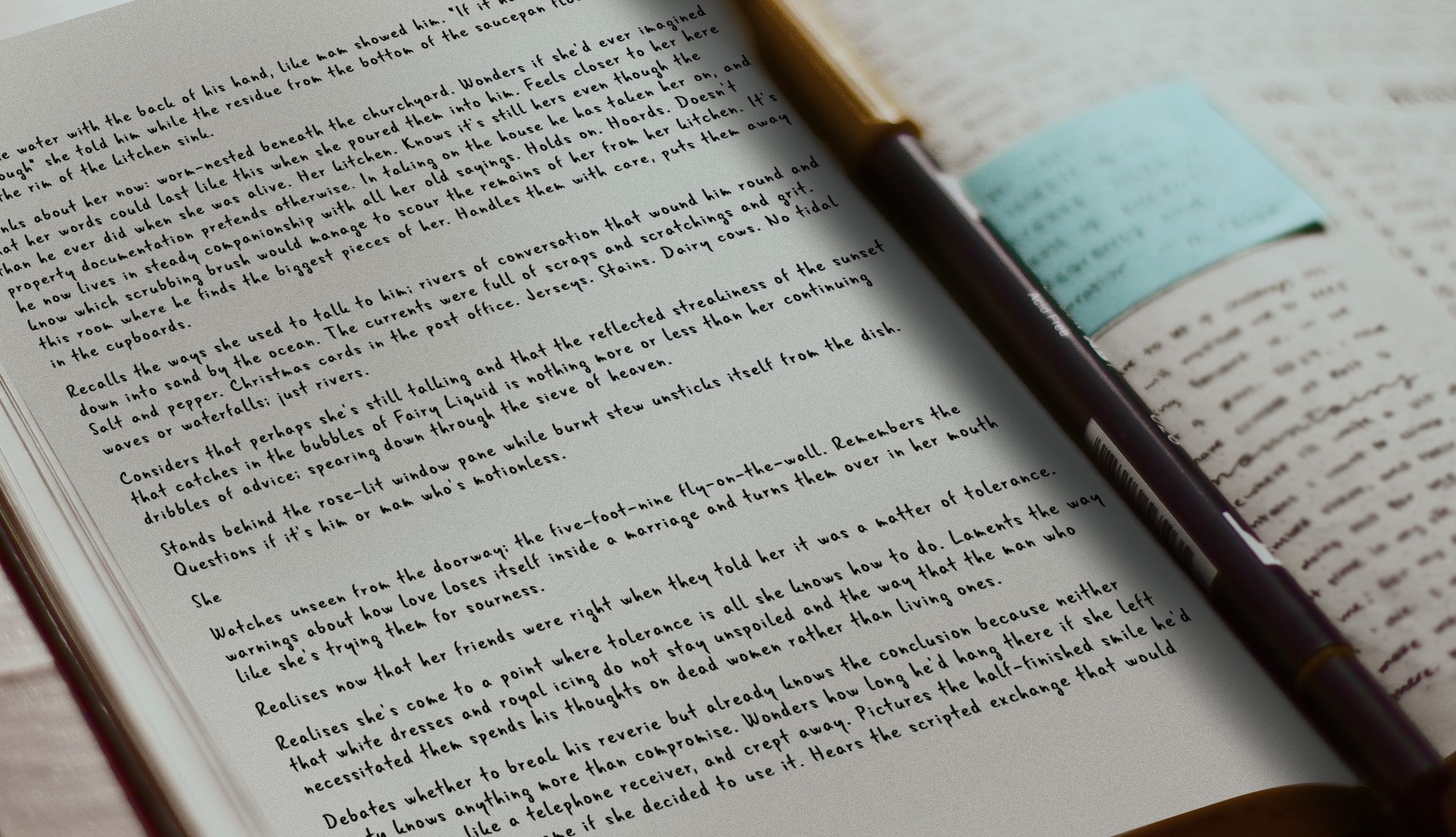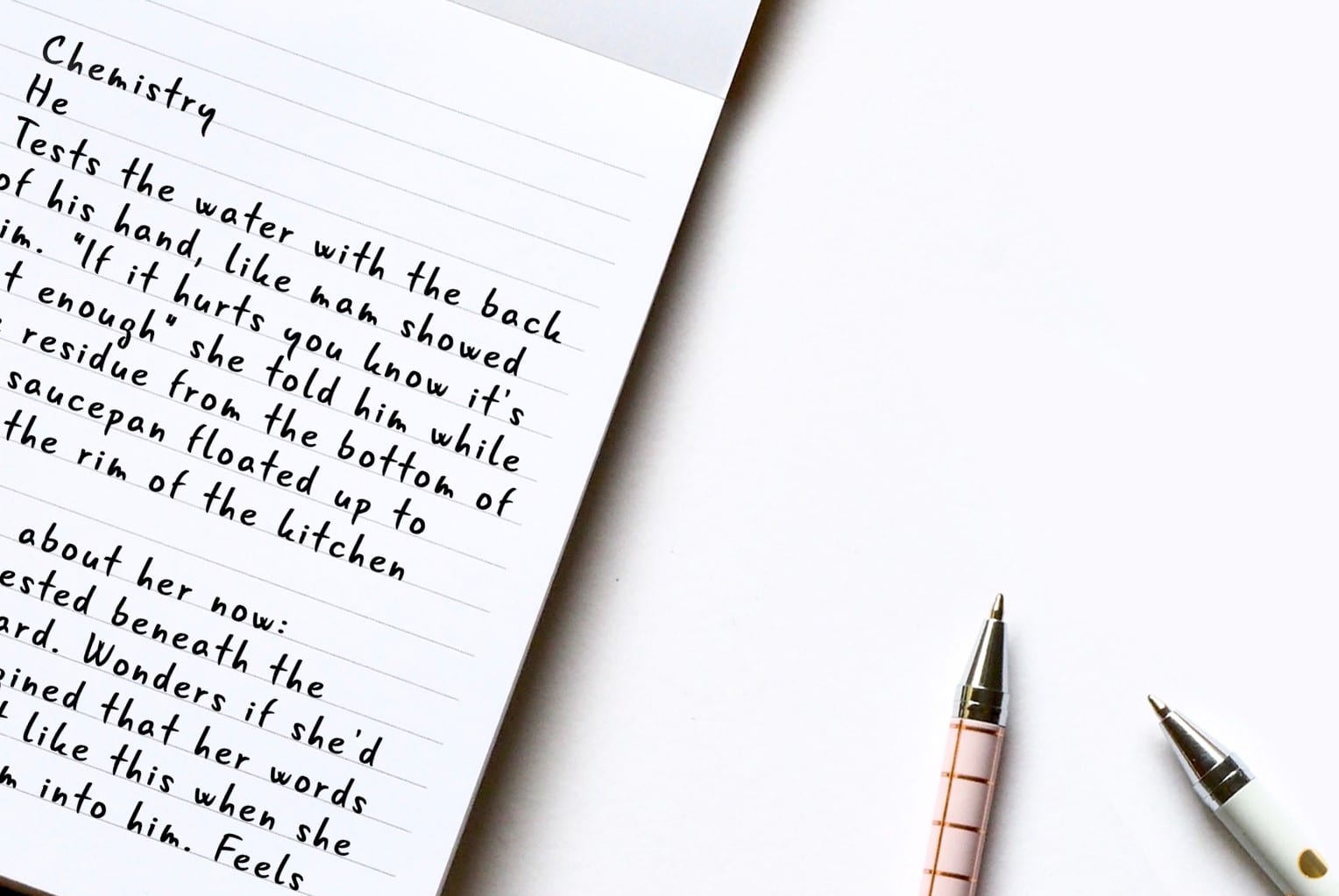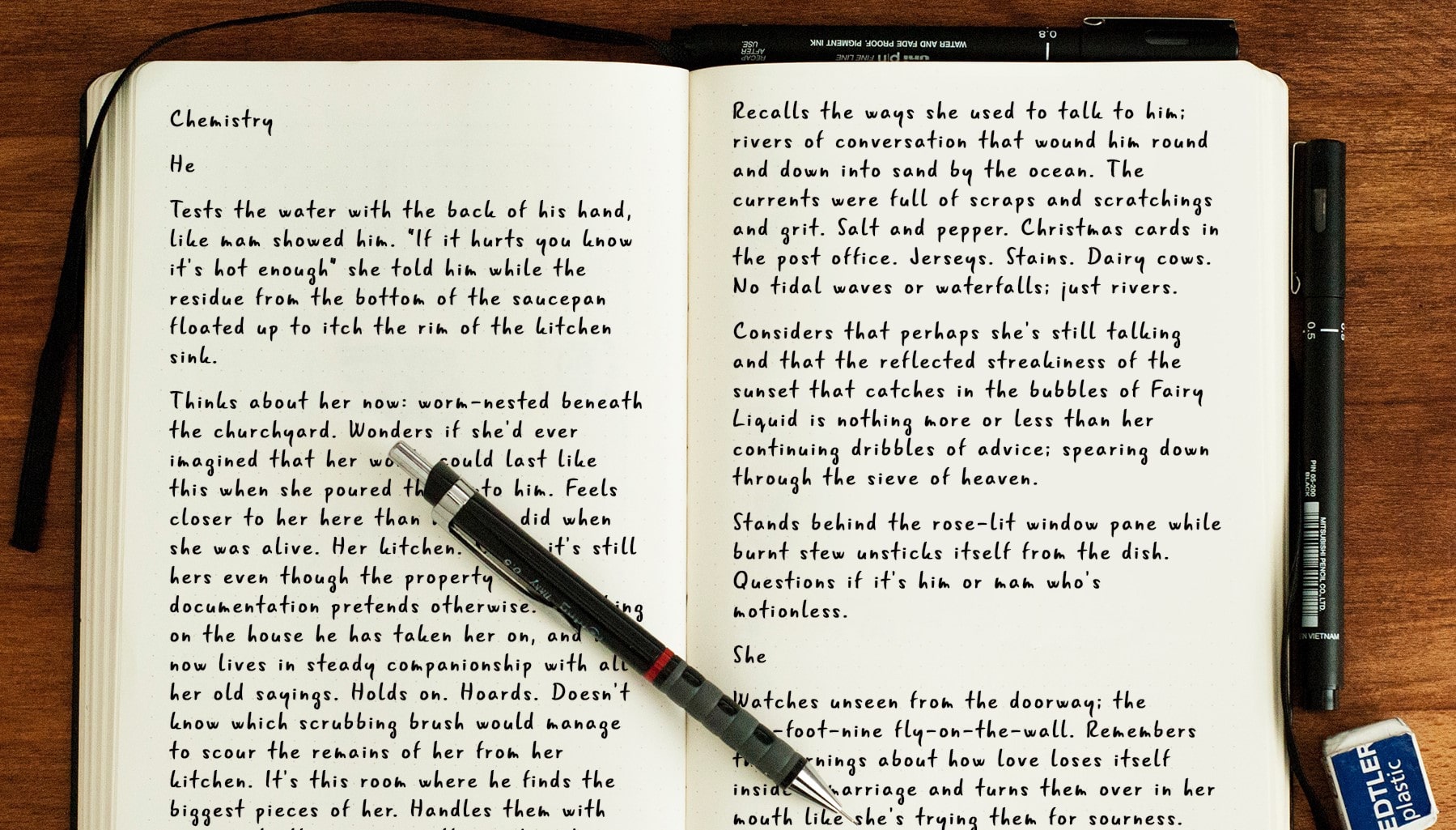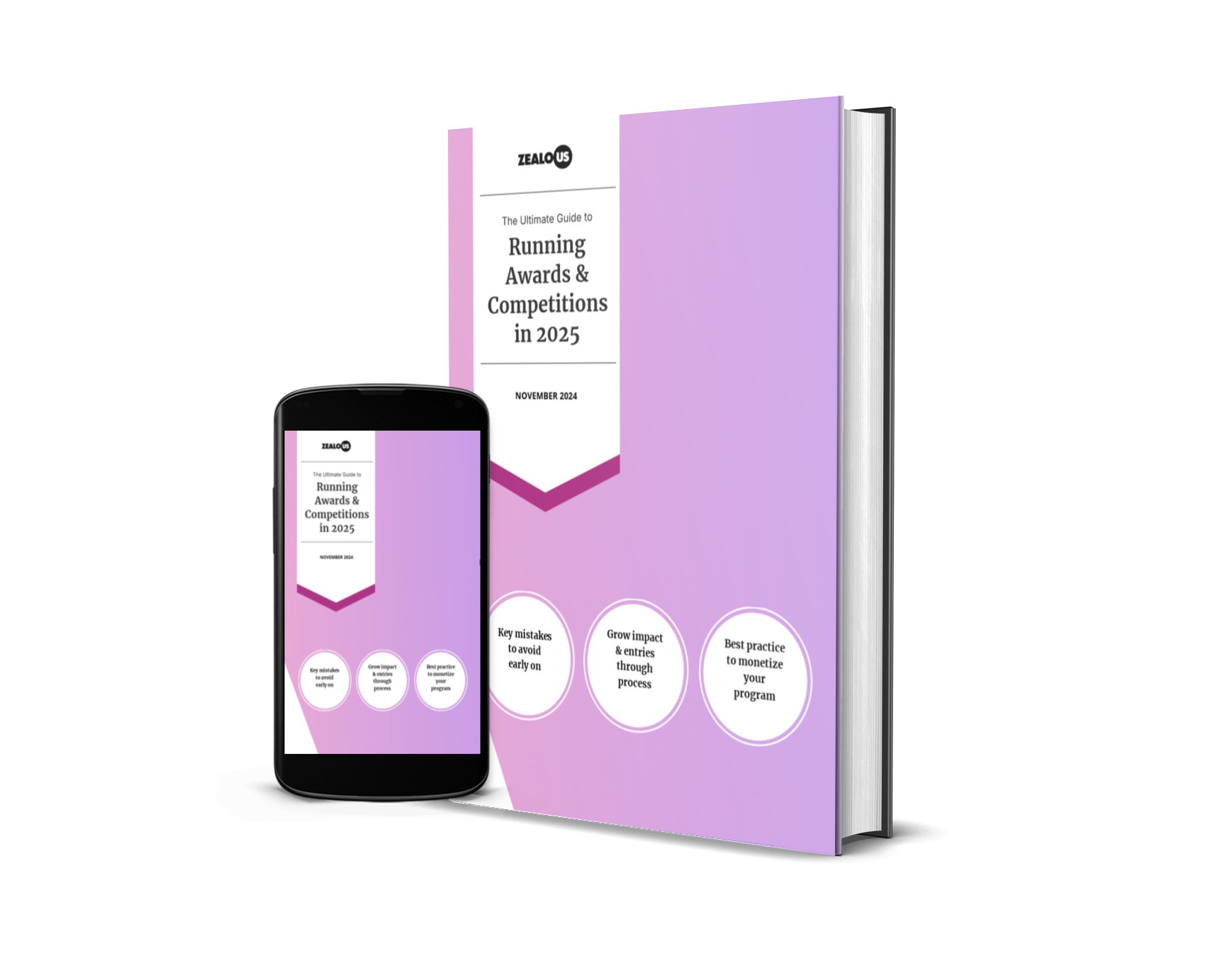
Congratulations on winning Zealous Stories: Short Story! Chemistry brilliantly explores the underlying complexities experienced within a couple’s relationship. Could you tell us a little more about where the idea stemmed from?
Thank you! This story came about in a way that was quite unusual for me. I was at a writing workshop and the facilitator was reading a list of random words to us which we had to incorporate into a very short piece of writing that we generated as the list was being read out. The result was a very rushed and messy description of a man standing with his hands in the kitchen sink. From there, it grew. I wondered what was on his mind and who else was in his world. I created an image which interested me, and I put ideas and emotions and desires into it until it became a story.

Chemistry is imbued with a series of metaphors. Do you use this as a method of examining the human condition?
I use metaphors a lot when I write. I think they can help the reader understand and relate to things that they might not otherwise be able to access. They can turn emotions or concepts that are difficult to grasp into something tangible. Equally, they can do the opposite: I like metaphors that bring a commonly experienced feeling alive, in a way that the reader hasn’t seen before.
Does your writing tend to draw on personal experience? Or do you write about subjects that you find interesting?
All my writing comes from personal experience to some degree. This story much less so than other things I have written. As a young writer I have no personal experience of marriage and I do not know what it is like to be older than I currently am. I do however know how it feels to lose people – both to death and to preoccupations – and how relationships change over time. I remember being in the kitchen with my mum as a child and I remember learning about exothermic reactions in school. I understand guilt and I understand how it feels when a close relationship peters out into nothing more than a formality.

When working on a piece of writing, how do you typically structure your day?
Writing is something I do in my free time so it’s never really a case of structuring my day around my writing – I structure my writing around my day. I normally try to give myself an hour to focus on being creative with words. At times, this hour involves hammering furiously at a keyboard and at others it involves staring out of the window.
Are there any specific writers that have had a great impact on your own work?
I think everything I read contributes to how I write. I know that as a teenager I went through phases of writing in the exact style of whatever book I’d just finished reading. I’d like to think that I’ve developed something of my own style now so I’m not quite as impressionable, but I am always inspired by Marcus Zusak’s work. He has such an imaginative and beautiful way of using language and when I first read The Book Thief, aged 14, I realised how complex, creative and exciting crafting sentences could be. I like the way he lets his words break the rules sometimes, to give us an image that perfectly captures what he is writing about.

What advice would you give to those who experiment with writing but do not necessarily have the confidence to put their work out there?
If you wait for it to be perfect, you will never do it.
What are your current writing plans? Are you working on anything exciting that you can tell us about?
I have a novel that is currently being considered for publication. It draws much more on personal experience and is, like Chemistry, about how we relate to one another. It is set, for the most part, in an adolescent mental health unit – an environment that I feel is often ignorantly depicted, particularly in young adult literature – and deals with grief, guilt and repair.

Catherine’s work, Chemistry, was selected by industry guest judges from Mslexia, BBC National Short Story Award, The Bath Short Story Award, London Short Story Prize, Scottish Book Trust and Word Factory.
Catherine also won feedback from Claire Shanahan (Director, BBC National Short Story Award) and a subscription to Mslexia and Elephant magazine.
Let us know you want us to write more content like this with a love!
Share





